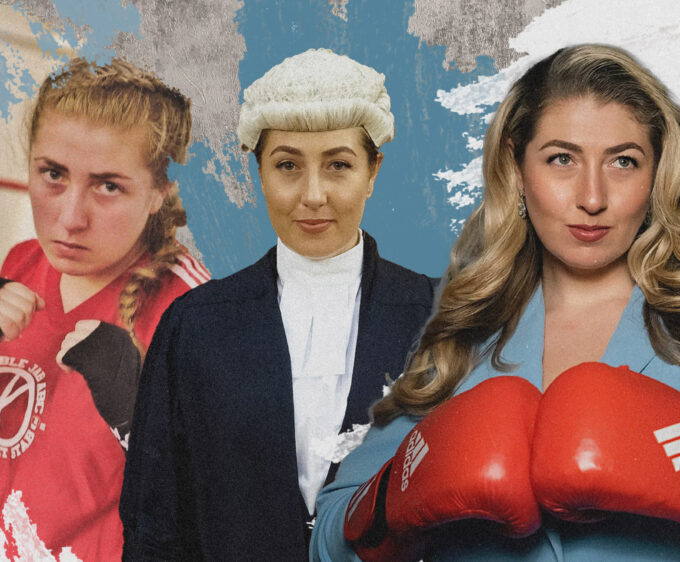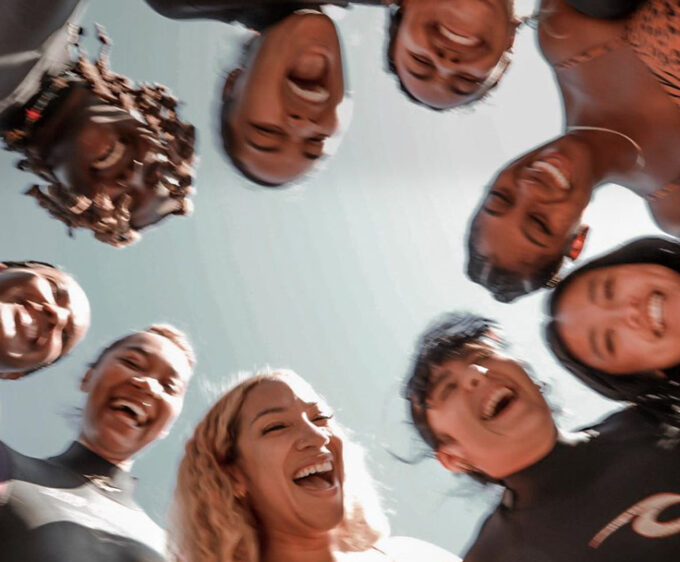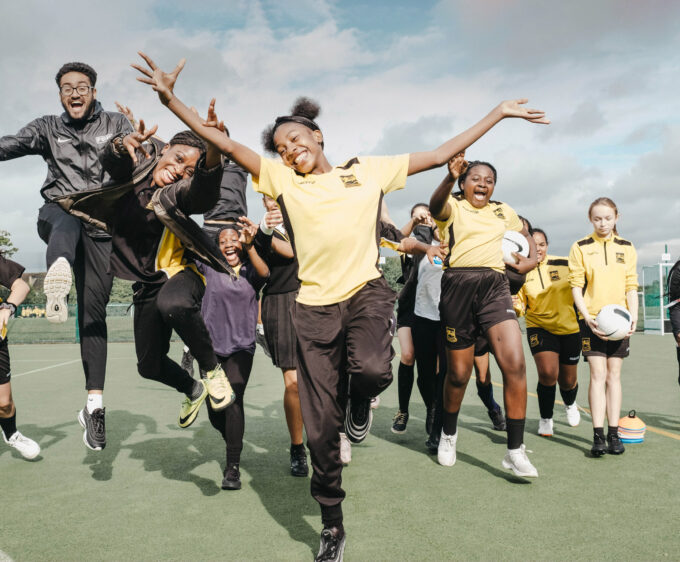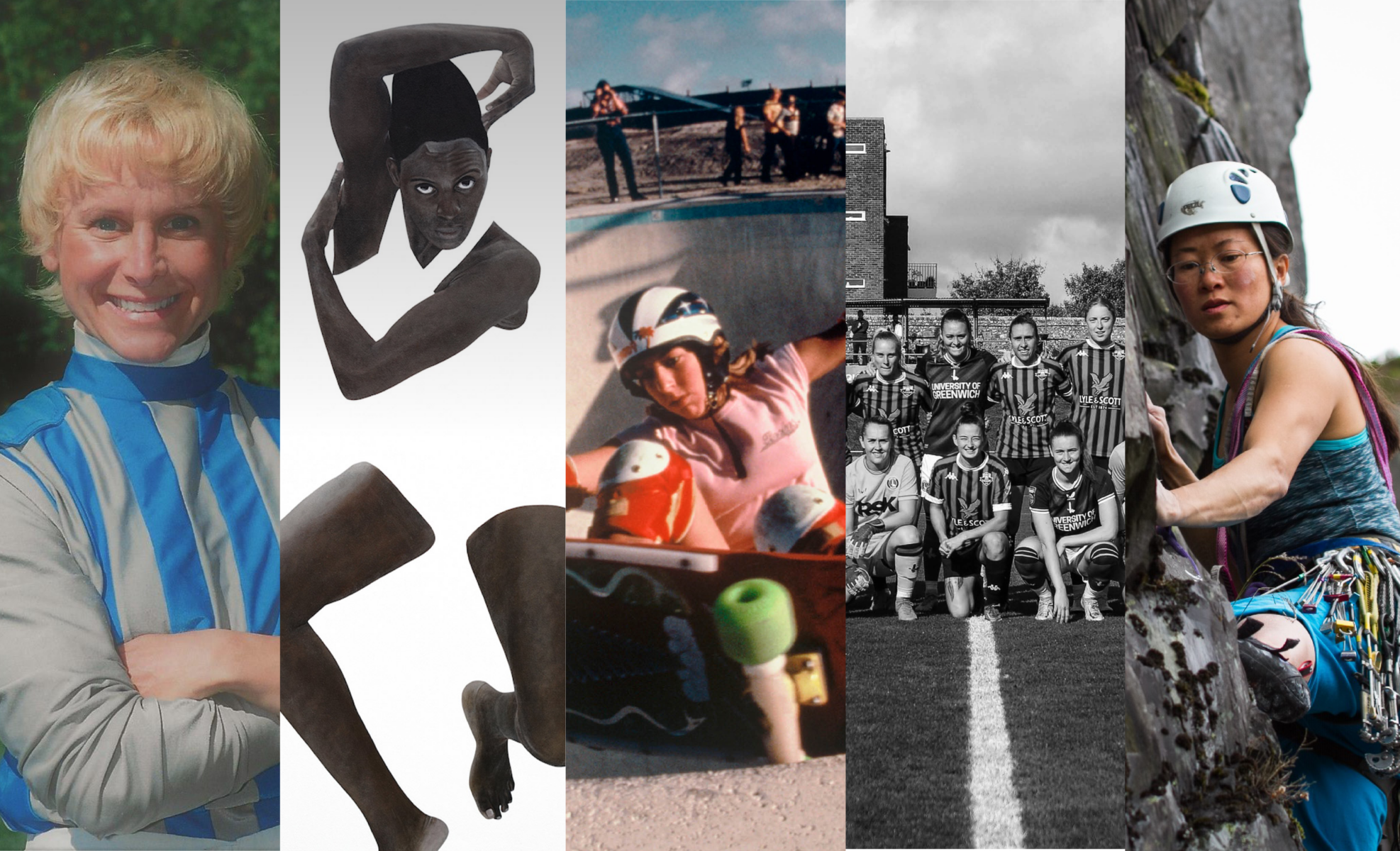
Let’s Talk Pioneers
This week we shine a light on some of the amazing pioneers in women’s sports that have shattered societal norms, challenged stereotypes and advocate for a brighter future within and outside the realms of sport
By Alison Root
In recent decades, women’s sports have witnessed a remarkable transformation. A growing number of talented and determined female athletes, as well as clubs and organisations have shattered societal norms, challenged gender stereotypes, and emerged as pioneers in their respective sports.
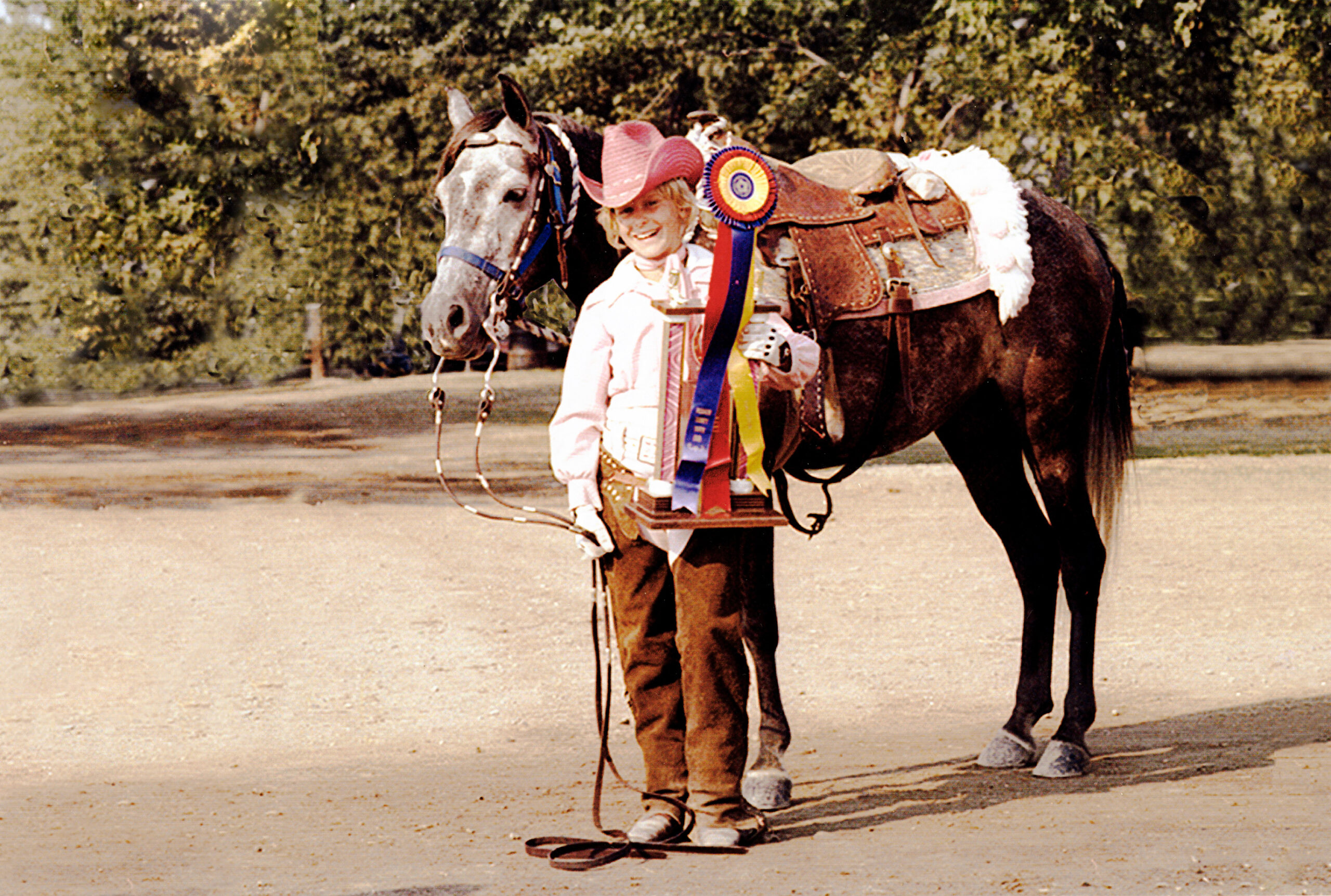
From the early days of athletic competitions to the modern era, countless female pioneers have emerged including Wilma Rudolph, an American sprinter who overcame immense obstacles to become an Olympic champion, and her achievements serve as a testament to the power of determination and resilience. Brazilian footballer Marta Vieira da Silva is one of the greatest players of all time. She has won numerous individual awards, including six FIFA Women’s World Player of the Year titles, the most by any player (male or female), inspiring many young girls worldwide to pursue their dreams on the pitch.
If you could name one sporting pioneer, it’s likely to be Serena Williams, who has shattered records and broken barriers throughout her illustrious tennis career. But beyond her exceptional success on the court, Serena has also used her platform to address issues of racial and gender equality, making her an influential figure both within and outside the realm of sports.
Another American, artistic gymnast Simone Biles, has revolutionised the sport because not only has she consistently pushed the boundaries of what is possible in gymnastics, but she has also been a vocal advocate for mental health, inspiring a global conversation on the importance of wellbeing in the world of sports.

At the core of every female sporting pioneer is an unwavering passion for their chosen discipline. A deep love for the sport fuels their commitment to push boundaries, just like the two sportswomen that we shine a light on this week who excelled in a male-dominated arena – Hall of Fame skateboarder and creator of Girl is NOT a 4 Letter Word Cindy Whitehead and jockey Julie Krone, the first and only female jockey to win a Triple Crown race.
Coupled with talent and innate abilities, these women possess an extraordinary drive to showcase their skills, regardless of societal expectations or limited opportunities. They encounter scepticism, gender bias, limited resources, and unequal prospects. However, their unwavering determination, perseverance, and resilience enable them to overcome these challenges. They persist in the face of adversity, maintain focus on their goals, and refuse to be deterred by the obstacles that lie ahead.

As a youngster, Cindy recalls, “I used to wear big clunky headphones when I skated because we didn’t have earbuds back then. I did that to block out anything negative people would say. There were a lot of people watching me skate, and some would make inappropriate comments like, “Oh my god, it’s not a girl’s sport,” or things like that.”
Julie cheated death to become one of the world’s most celebrated Thoroughbred jockeys and she remembers the incident when the groom who was in charge of the barn in which she was doing her apprenticeship told her that despite how great she was at communicating with the horses, she just wasn’t ‘strong enough.’ “He referred, in particular, to my upper body strength,” recalls Julie. “And I was just so irate – this guy just infuriated me – so I literally went and joined a gym that night and by the end of the year I was competing in muscle shows.”
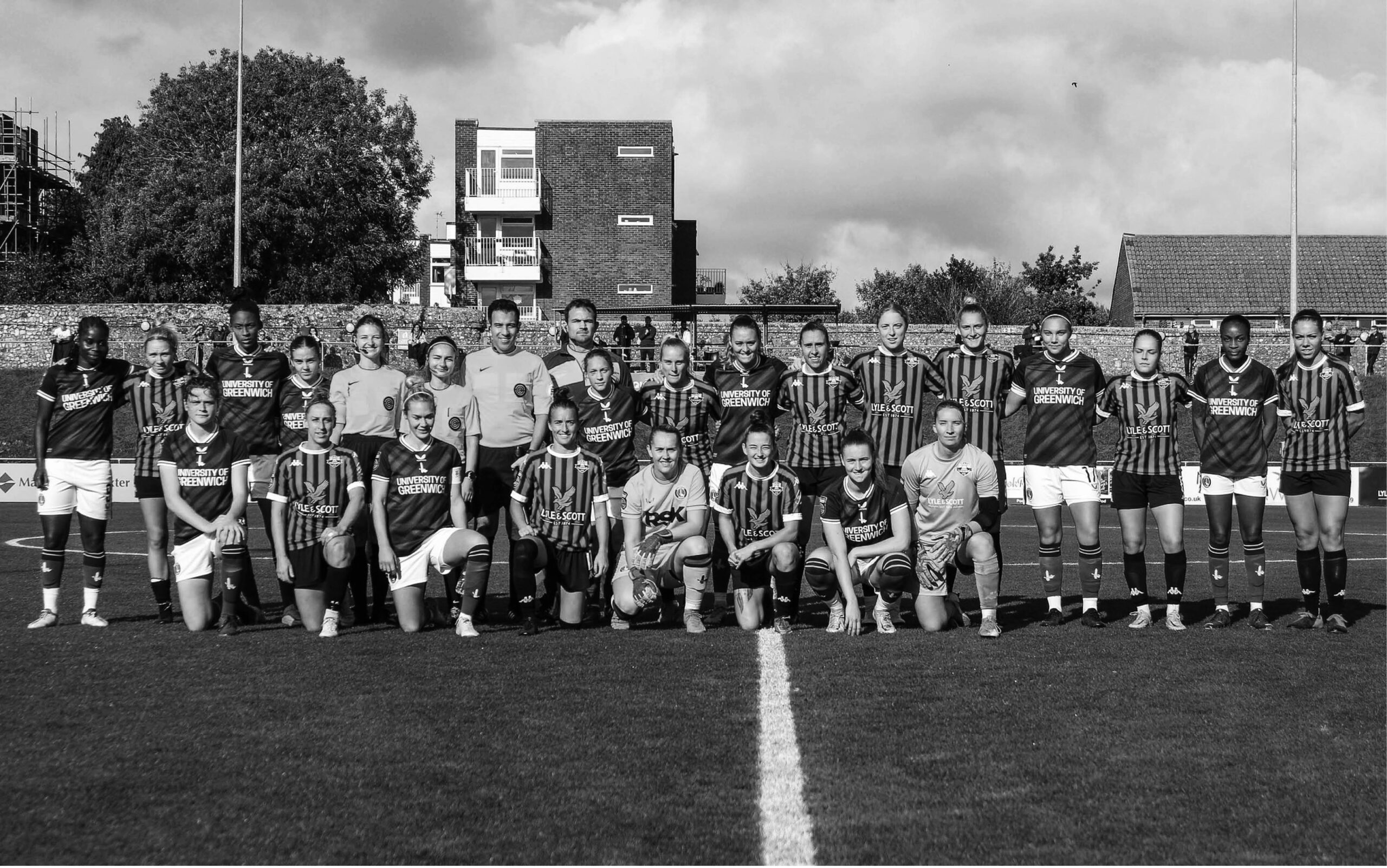
It’s not just individuals that have pioneered the way for women’s sports. Organisations and clubs, such as the Women’s Sports Foundation, founded by tennis legend Billie Jean King in 1974, have played a vital role in advocating for gender equality, and creating opportunities for female athletes.
Back in 1958, the International Women’s Cricket Council was established and this organisation was instrumental in laying the foundation for women’s cricket; the Women’s National Basketball Association (WNBA), the premier professional basketball league for women, was founded relatively recent in 1996, and has since contributed to the growth of women’s basketball globally.
As we look forward to the Women’s World Cup this summer, the UK’s Women’s Football Association, formed in 1969, has played a crucial role in organising leagues, competitions and coaching programmes for female footballers, which eventually led to the establishment of the Women’s Super League and increased recognition for women’s football.
On the subject of football, this week we chat to Lynne Burrell, General Manager of Lewes FC, which has revolutionised the way resources are allocated and embraced a unique community ownership model that champions equality across genders. Lynne explains, “It hasn’t been an easy journey, but the resistance we faced only fuelled our determination to create a more equitable football club. We wanted to challenge the status quo and show that it’s possible to achieve equality in the sport.”
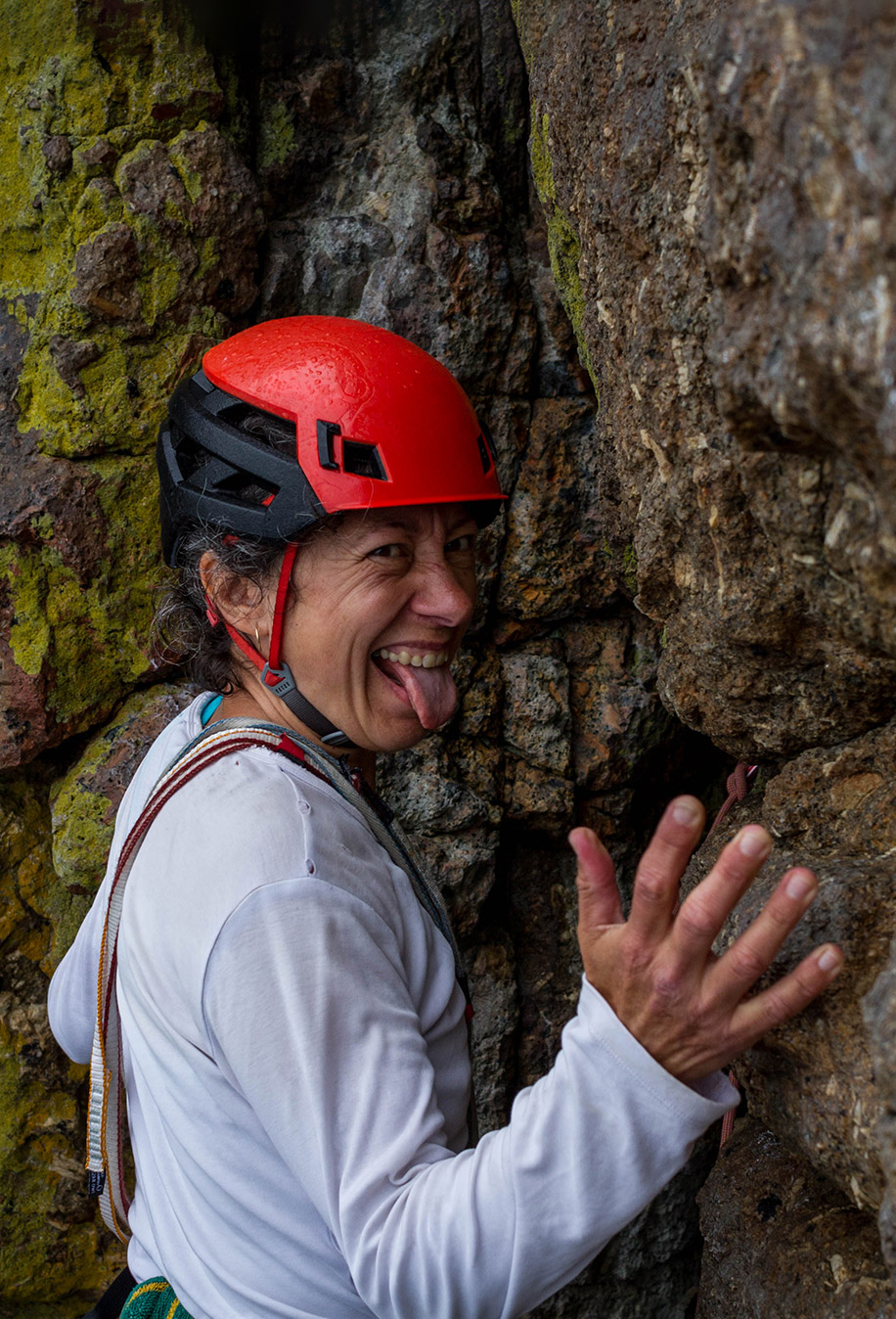
The Pinnacle Club is still breaking boundaries over 100 years on. It was originally established by a group of women who felt they were being treated unfairly compared to the male climbers. Although climbing today is almost unrecognisable from when the club was founded – in terms of kit, standards, the numbers of women taking part and competing at the highest levels – there’s still much to do. As the club itself said in its centenary year in 2021, until women achieve full parity, the need for the club remains.
A crucial aspect of being a pioneer in women’s sports is the ability to lead and empower others. There are too many to mention, but these athletes, clubs and organisations understand the significance of their achievements and leverage their platform to advocate for gender equality, inclusivity, and the growth of women’s sports for a promising future.
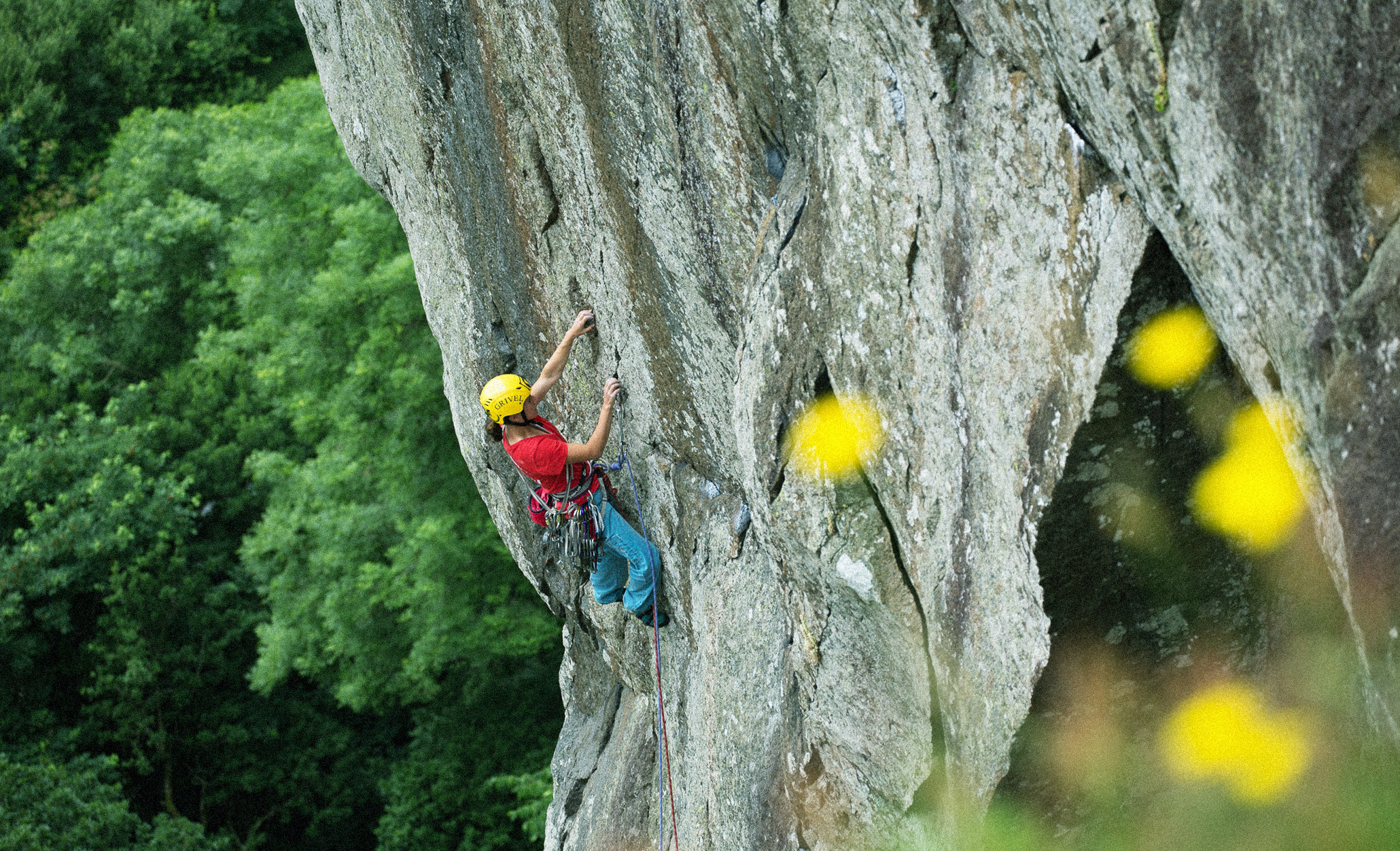
Editorial design this is root
